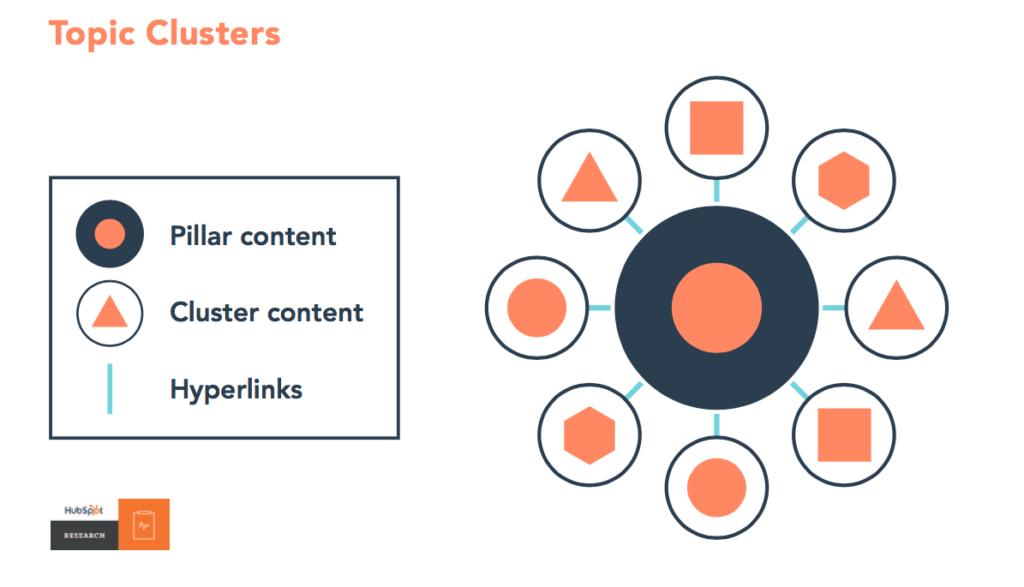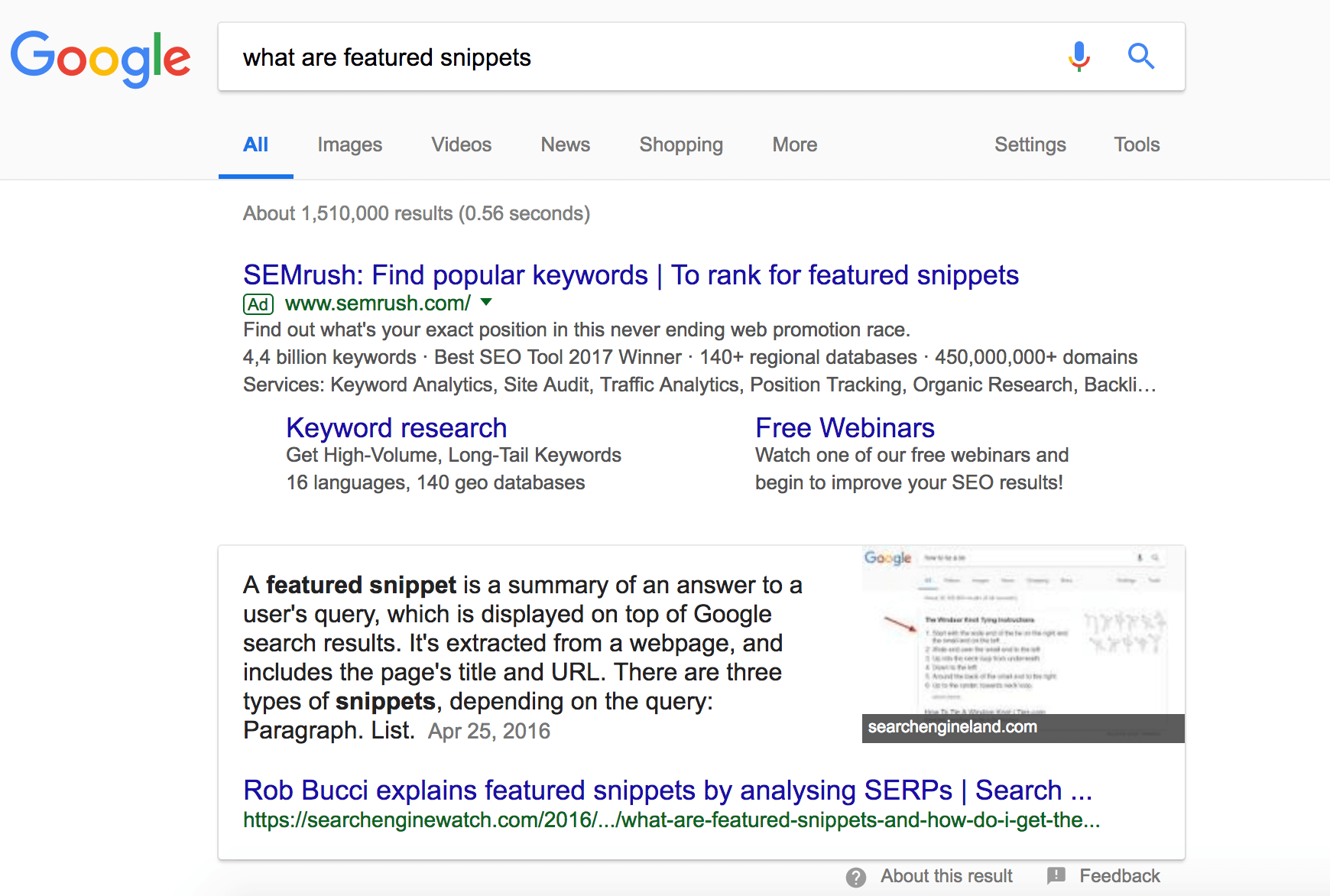Did you know that Google indexes over 30 trillion websites everyday? This means 30 trillion websites are trying to improve their rank using similar strategies. Google decides how high your website ranks based on a combination of several different factors. Backlinks, trust, authority, on-page SEO, and keywords to name a few. But just like user's search behaviour evolves, the way Google decides who ranks where, also known as an algorithm, changes, too.
Google's been making various algorithm changes over the last few years that are causing marketers to second guess their keyword strategies. We know that in 2013, Google rolled out the Hummingbird algorithm update which began looking for phrases rather than keywords, known as semantic search. Then came the RankBrain update in 2015 where Google was learning how to recognize context within searches. But why are we talking about this now in 2018?
My absolute favourite marketing platform, HubSpot, recently announced that they're getting rid of their Keywords tool. I have been a big fan of the tool as it helps gauge the interest level and competition associated with various searches. Their announcement got me thinking (and researching): Are keywords still as important than ever to ranking high in Google? The resounding answer is: Maybe not anymore.
Here's why keywords may not be as important as they were a few years ago and where to focus your SEO efforts instead.
Rise of Local Search
When was the last time you looked in the phone book for a business? Probably ages ago, thanks to advancements in local search capabilities. Now, you've probably noticed that searching a generic term like "restaurants" will bring up local businesses near you. Google is getting smarter at recognizing searches with the intent to find a nearby business or place.
Take this example: Two people searching for "iPhone repair" on opposite ends of the country will be served completely different results. So how can businesses possibly improve their rank for the keyword "iPhone repair" when the results are subject to the location of the searcher? Here is evidence that keywords are becoming less important.
PRO TIP: Got a local business? Ensure you have a Google My Business profile complete with your website, phone number, address, and customer reviews.
More Conversational Queries
The types of words we're using in Google searches is evolving. Years ago, you might conduct searches like "wedding invitations" or "logo designer". Now, you might find yourself using more conversational searches with long-tail keywords. For example, a modern day search might look like "where to buy gold and silver wedding invitations" or "best logo designer for a book publishing company". See the difference? We search similarly to the way we speak using more complex wording.
Part of this can be attributable to the rise of Siri and voice activated intelligent personal assistant devices like Amazon Echo or Google Home. These systems are developed to be able to recognize the way we speak and the questions we ask.
User Intent is Evolving
Years ago, Google used to think we solely used the search engine to find businesses, places, or eCommerce stores. Now, you'll recognize more and searches beginning with:
- How to...
- What is...
- Which...
- Why is...
You get the idea. We're using Google more often to learn rather than find vendors to purchase from. And the way users word their questions can vary from person to person quite a bit. Further evidence that the keywords we're using and what we intend to find on SERPs is changing.
Featured Snippets
As mentioned above, more and more users are looking for answers to their questions, not just products or services. In 2016, Google started rolling out Featured Snippets which are summarized articles that match your query, which appear above search results.
Essentially, these results appear in position 0. So now, not only are organic results pushed down further on SERPs to make room for ads, you might also be competing with Featured Snippets for various queries.
So...What do I do now?
All of this is to say that keywords certainly aren't dead, but there is a better approach to getting more organic traffic.
Topic-Based Content
Let's say you've identified a few dozen keywords related to your business. But each of those keywords has several variations. So you pump out content on each of those keywords, earning a tiny bit of "rank juice" for each, but never getting recognized as an authority on the subject.
Google now looks at topics rather than keywords. You might hear people referring to this strategy as "topic clusters" or "pillar content". This model focuses on topics rather than keywords. Here's how it works.
 1. First, identify your key topics. These should be broad.
1. First, identify your key topics. These should be broad.
2. Create a "pillar" piece of content that outlines the topic.
3. Publish "cluster content" based on long-tail keywords within that topic. These are essentially sub-topics.
4. Within the pillar content, link to your cluster content.
5. Within your cluster content, link back to pillar content.
This model tells Google there's a semantic relationship between the content and that you're a trusted authority on the topic, instead of being an expert on one small keyword.
Not sure how to get started with this SEO model? Let's chat! I'd love to help your business realize the effectiveness of this approach.






